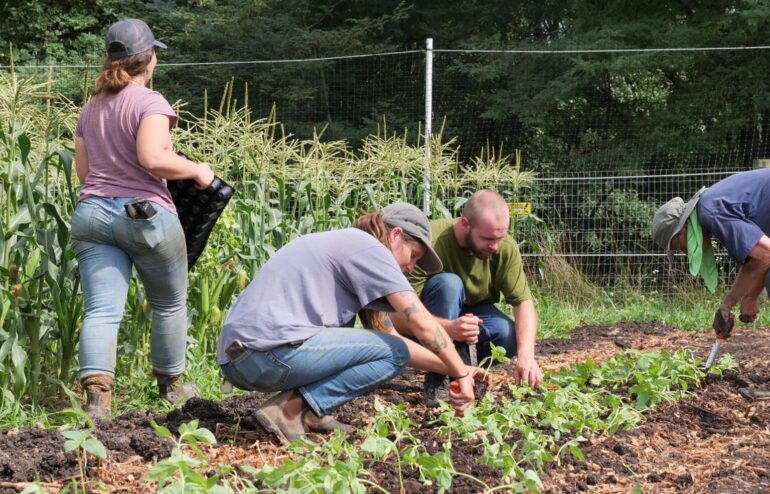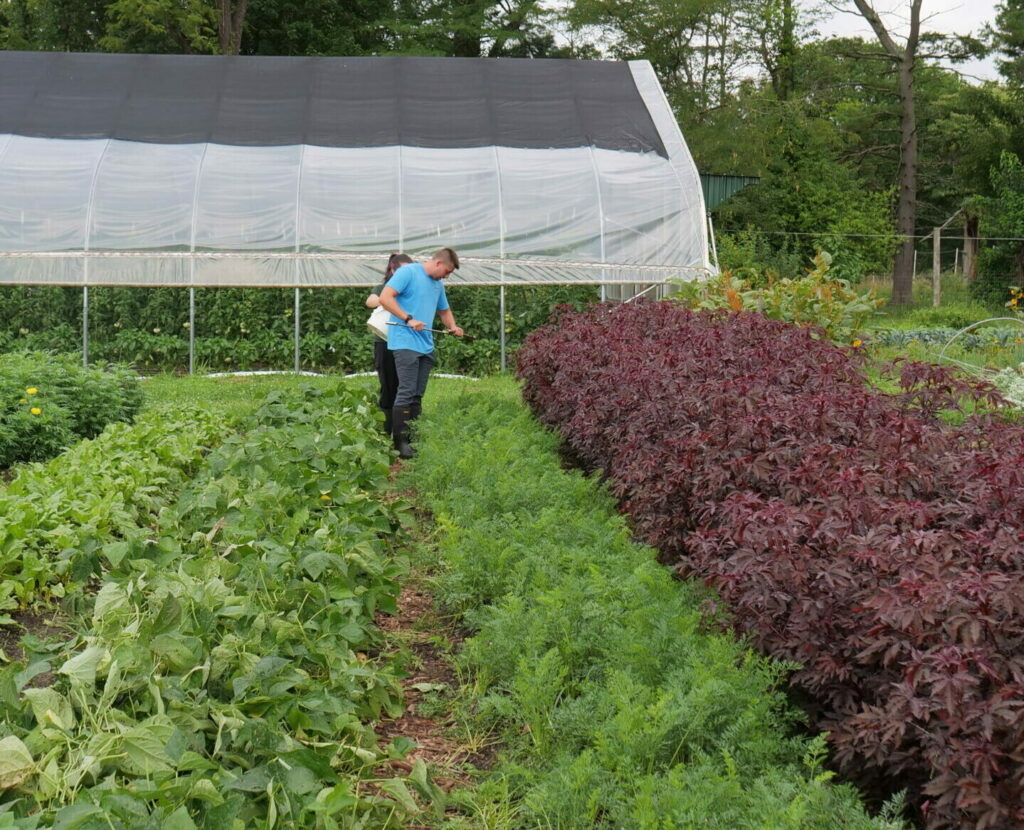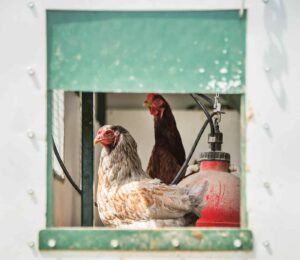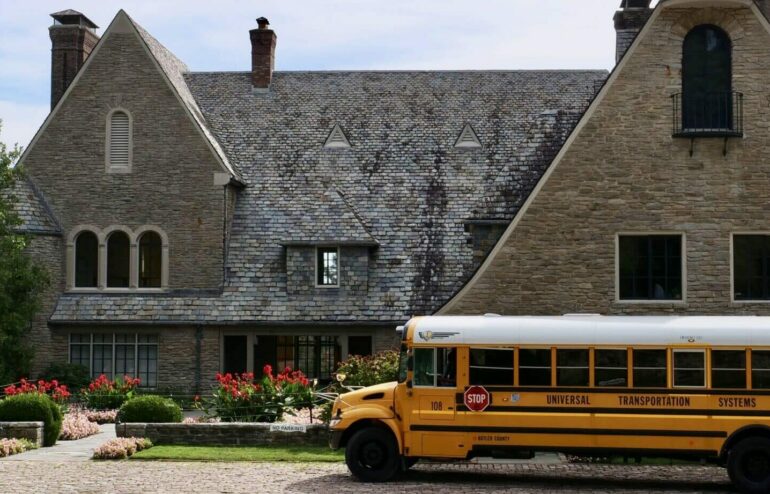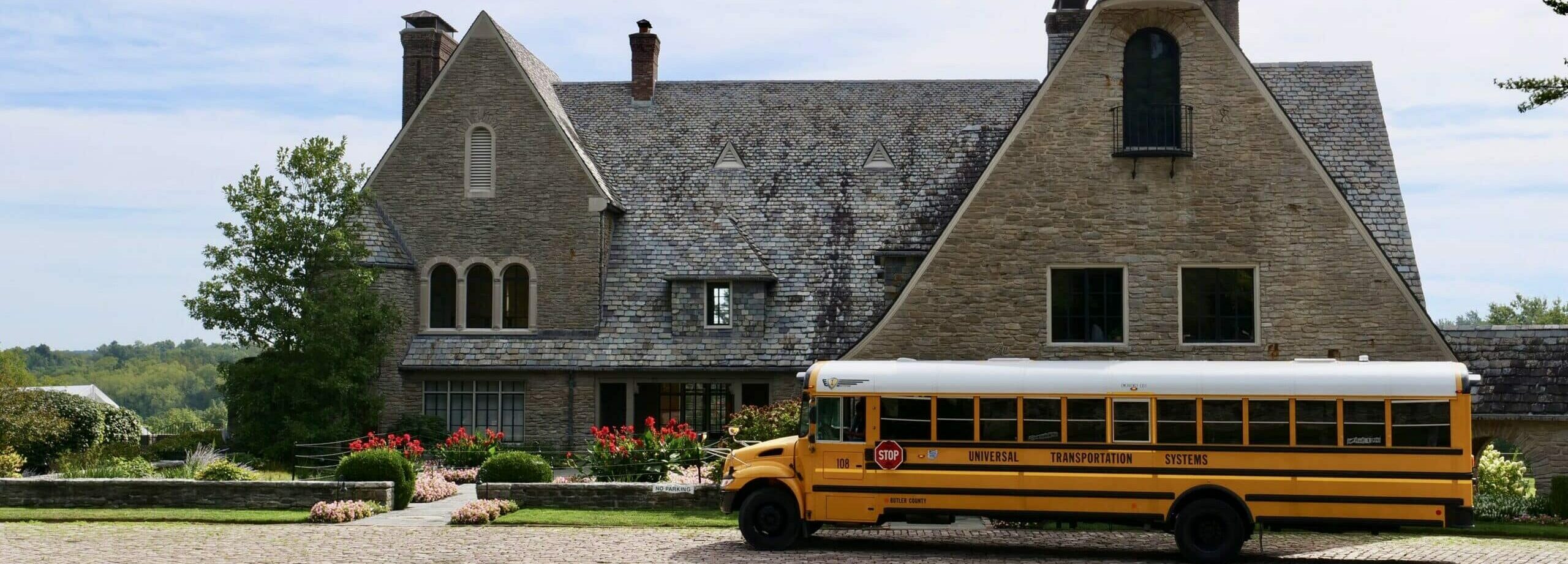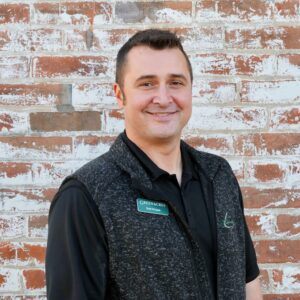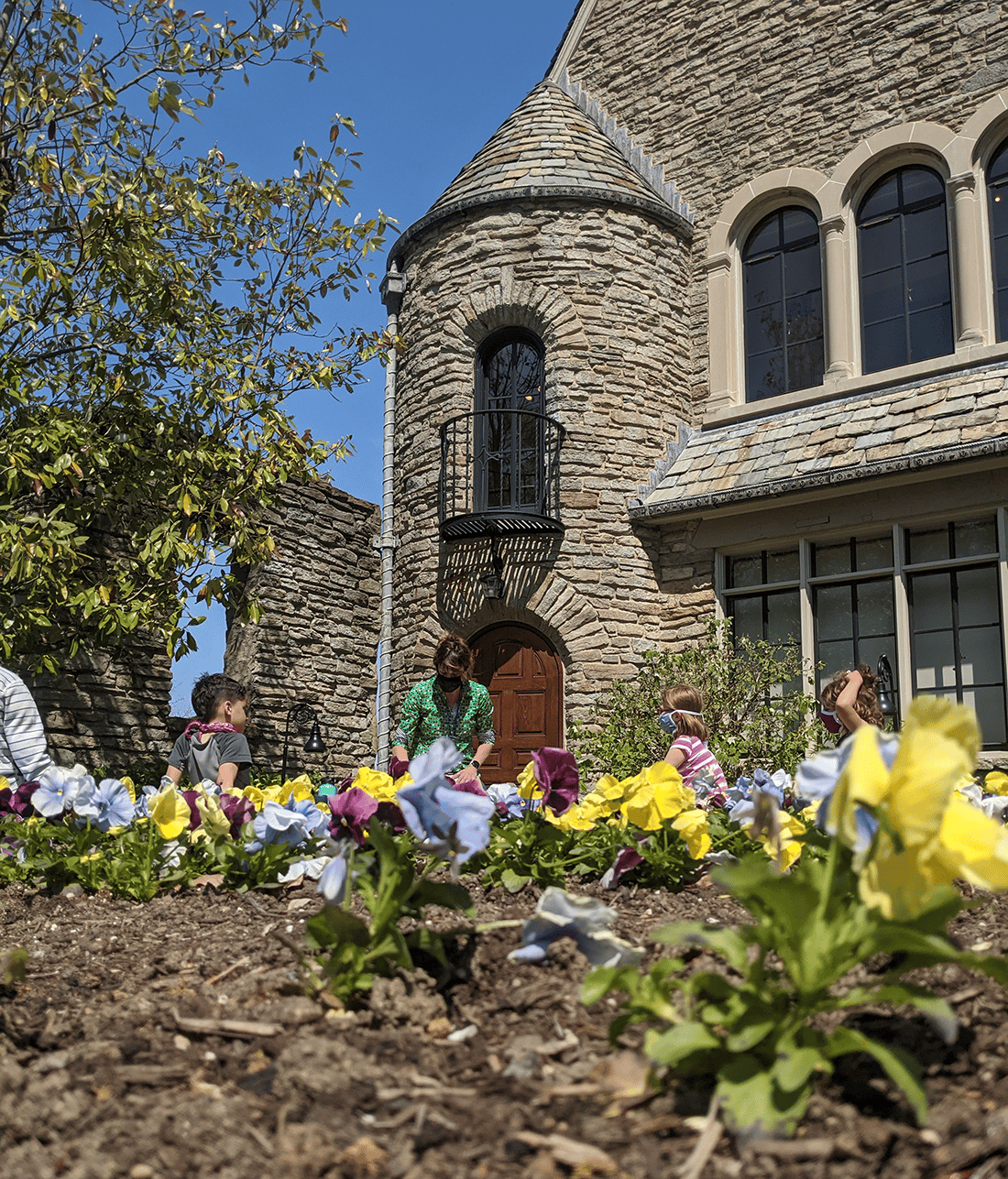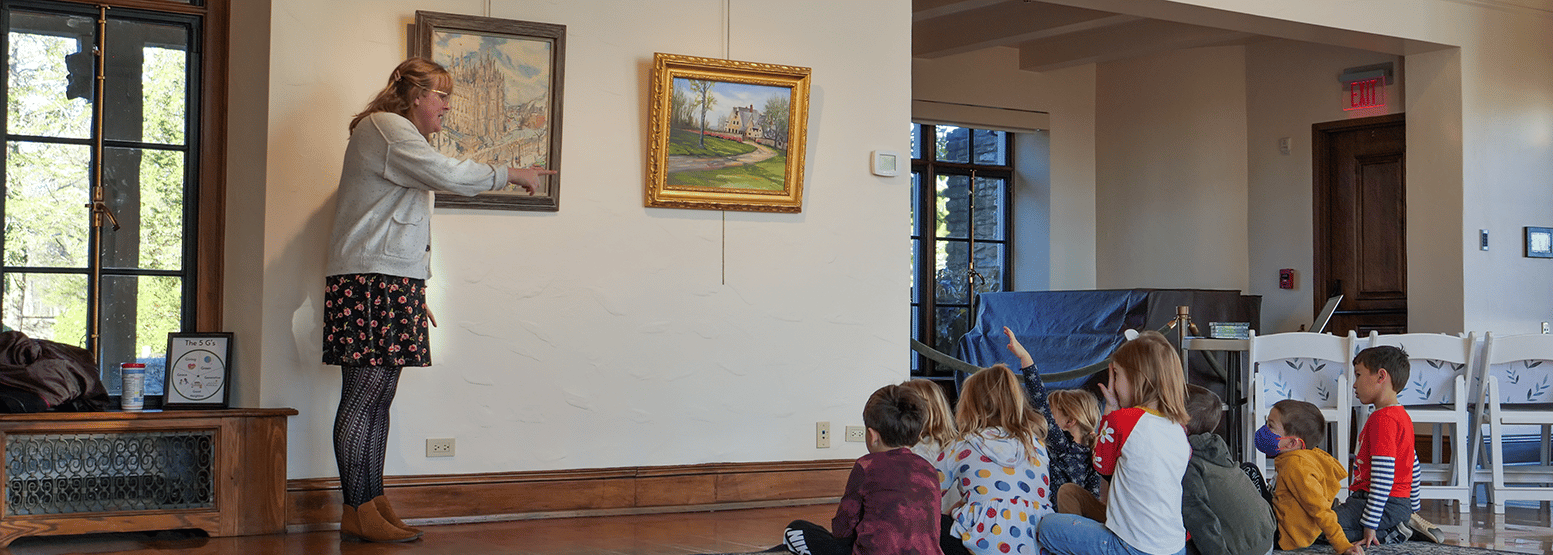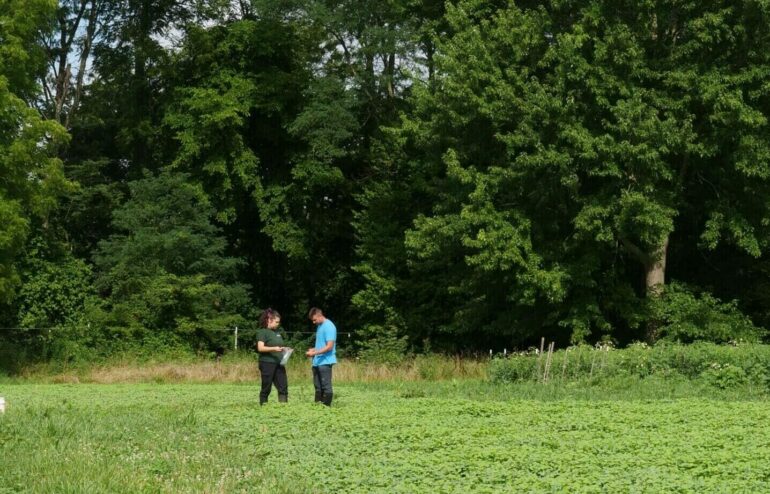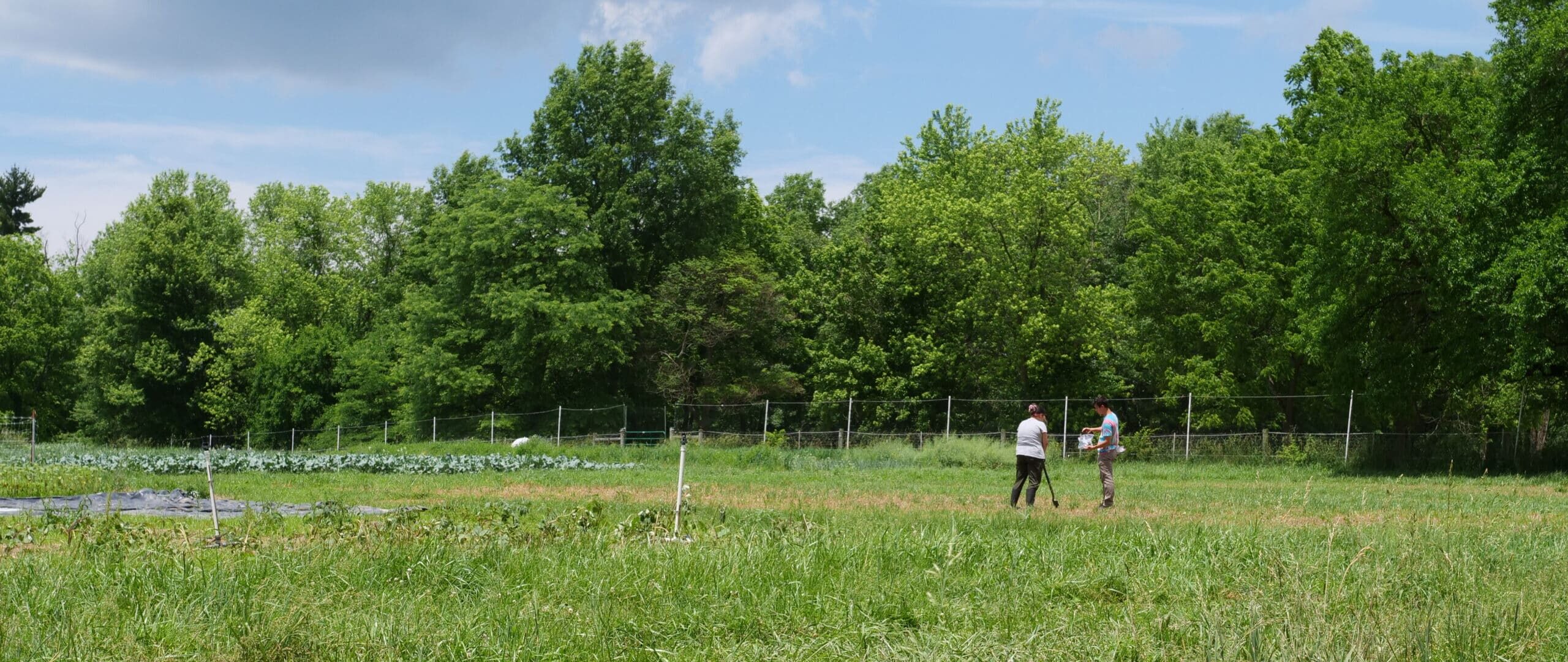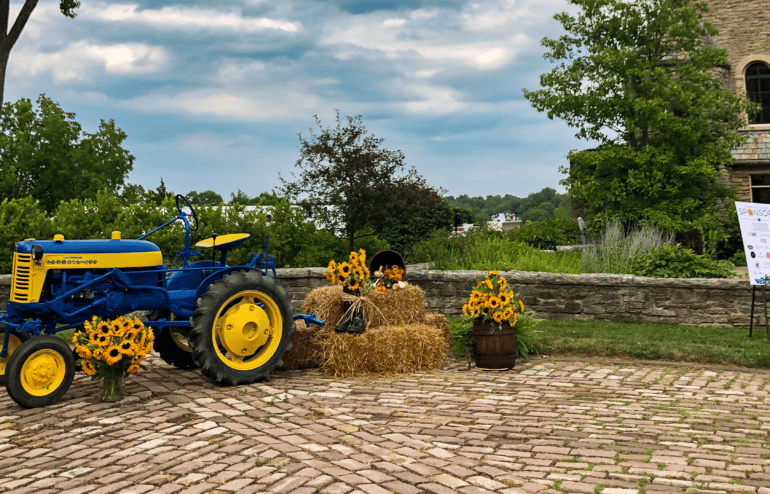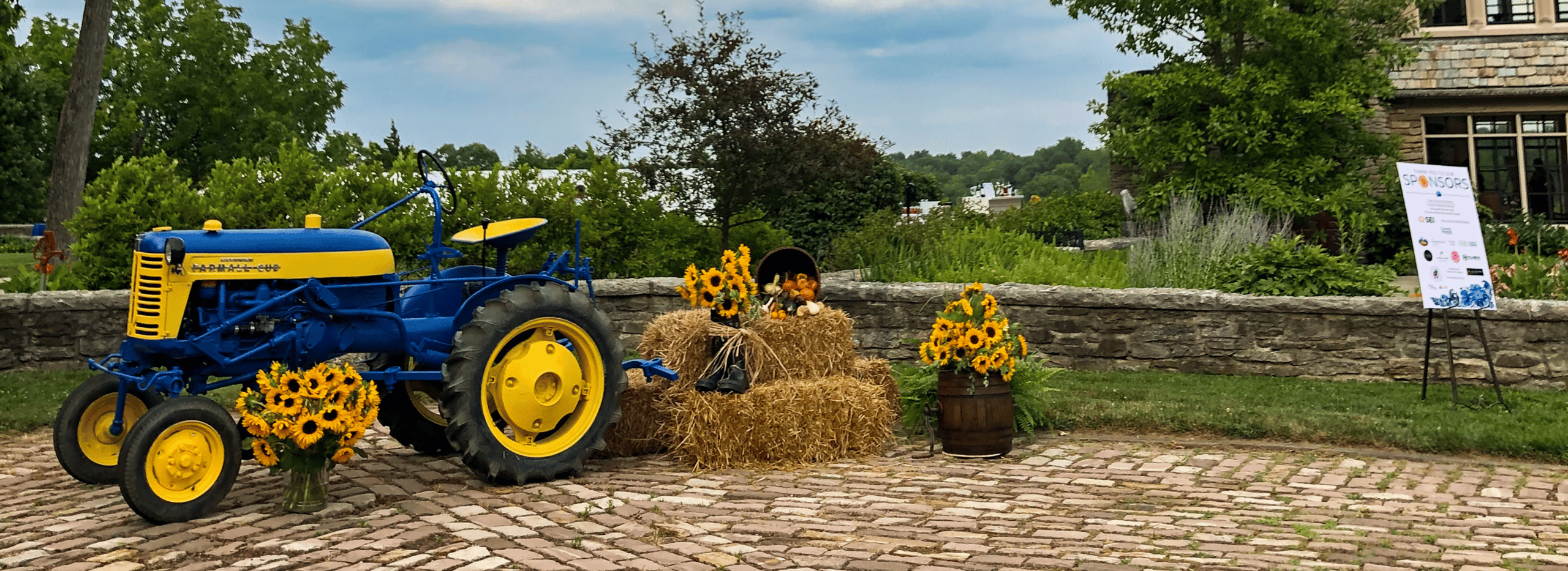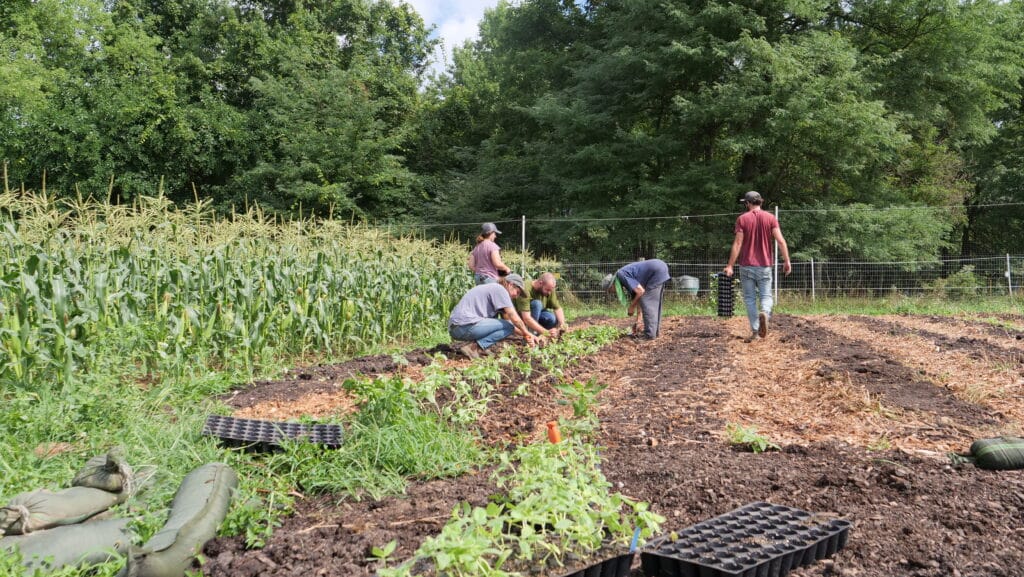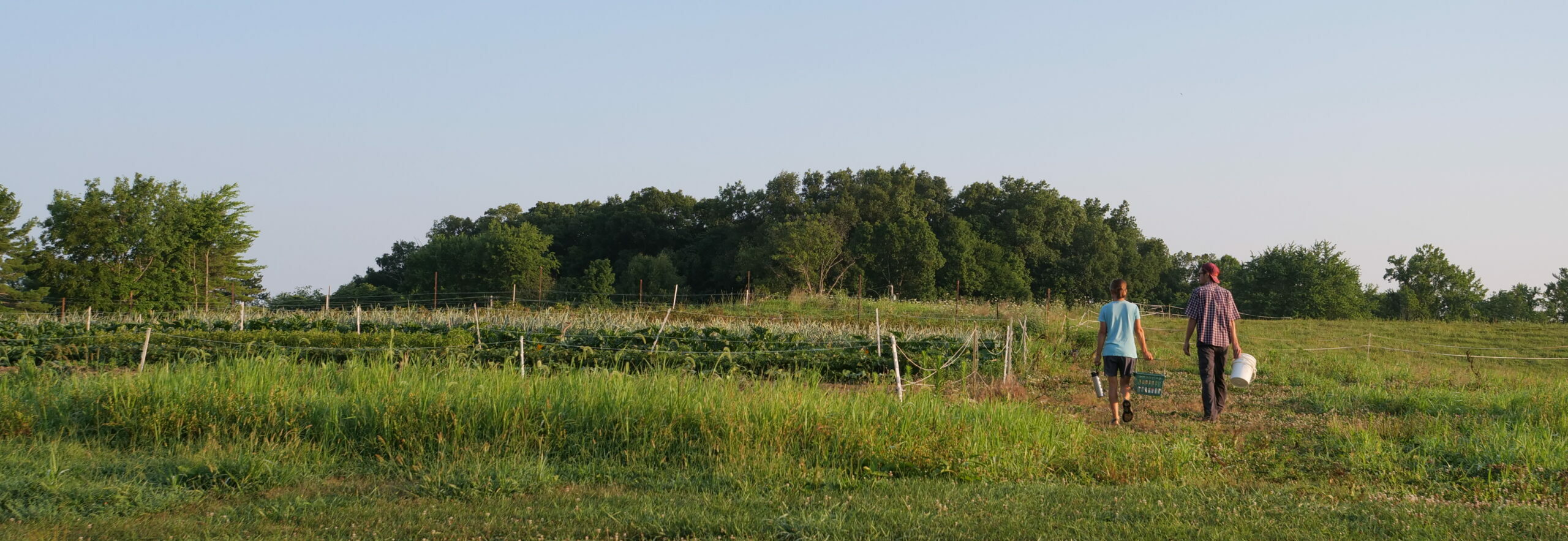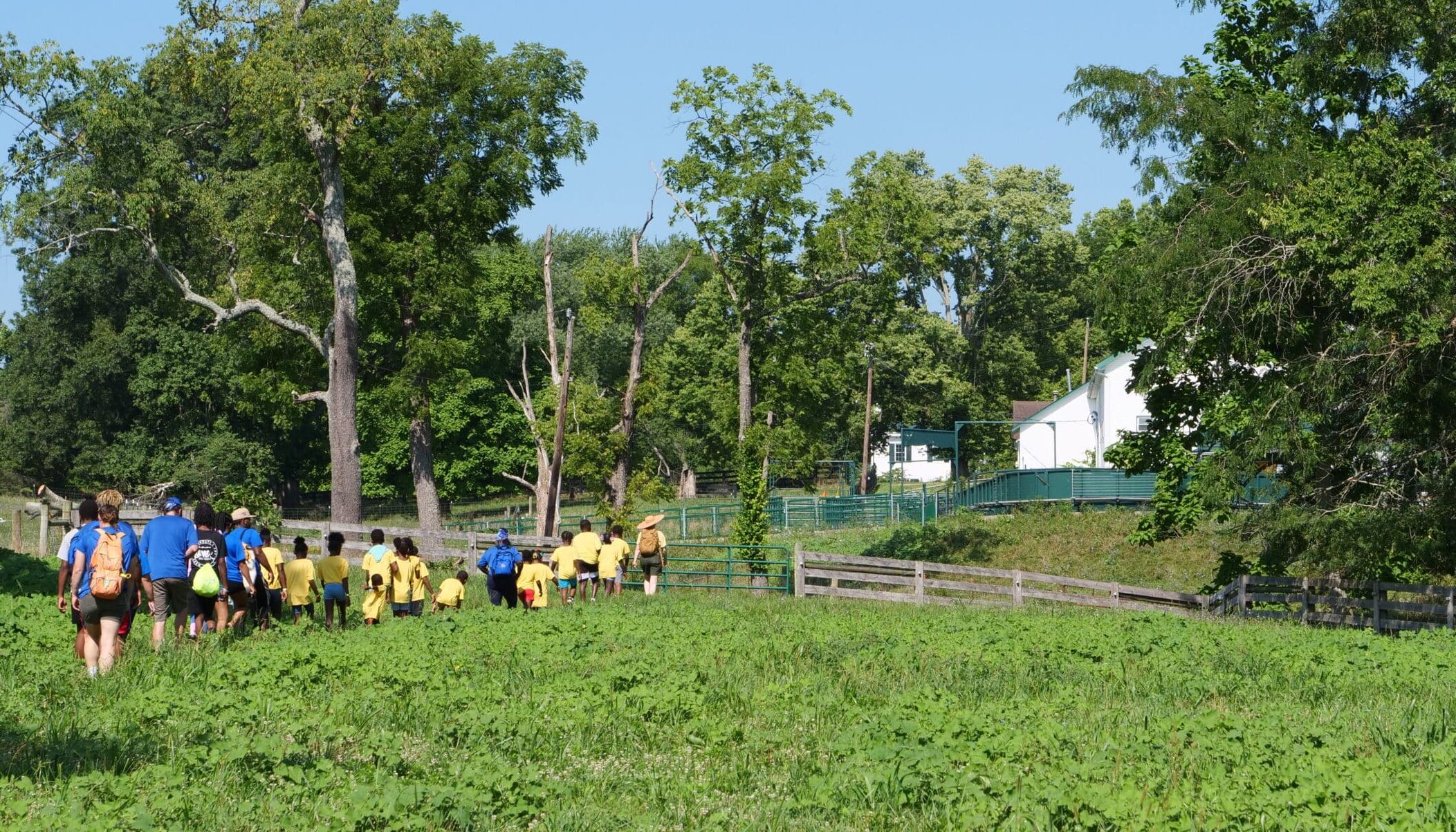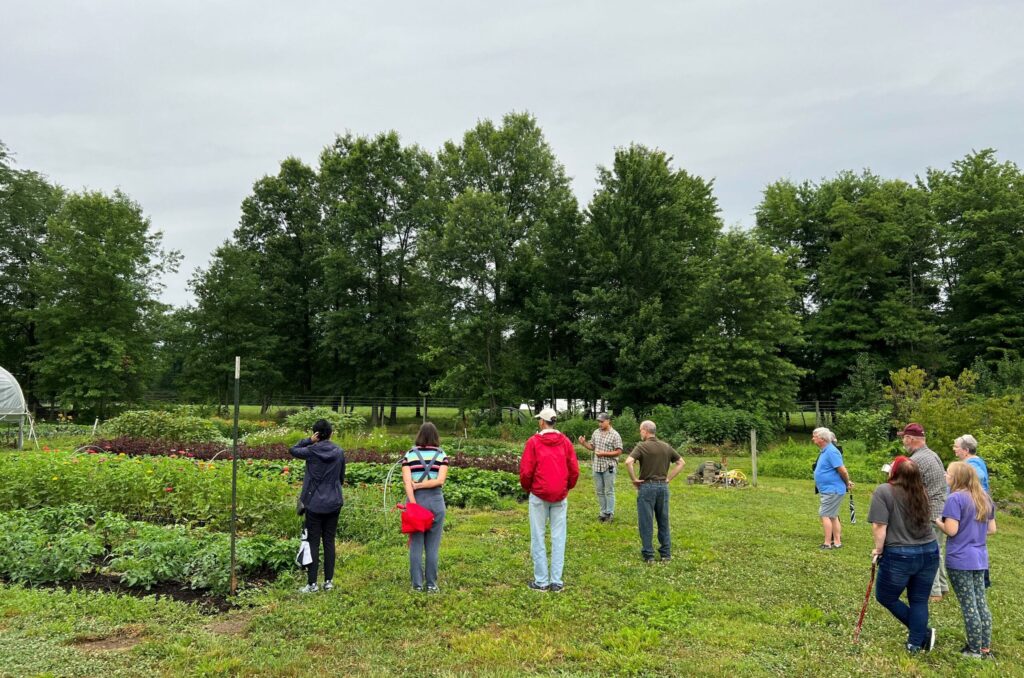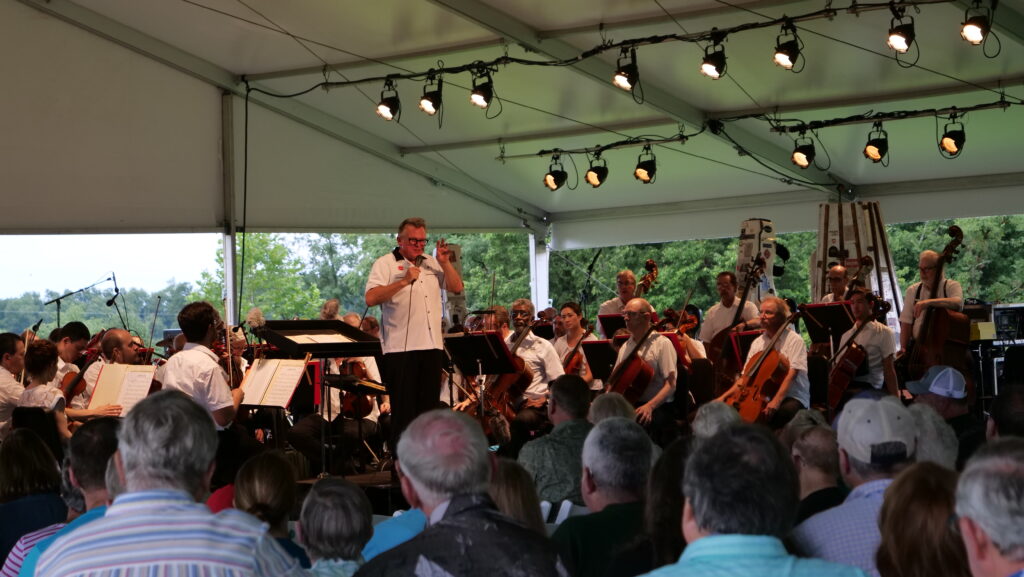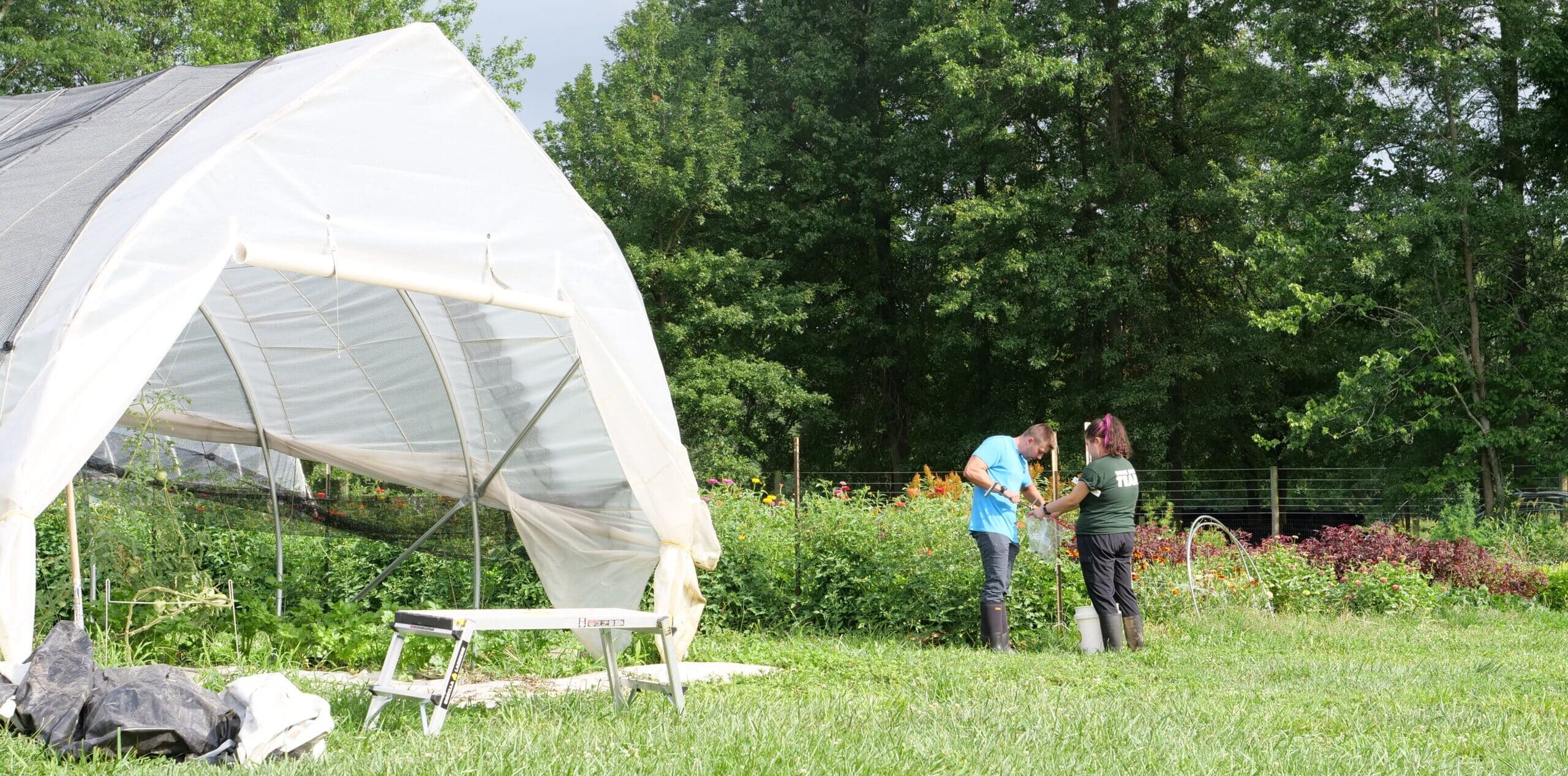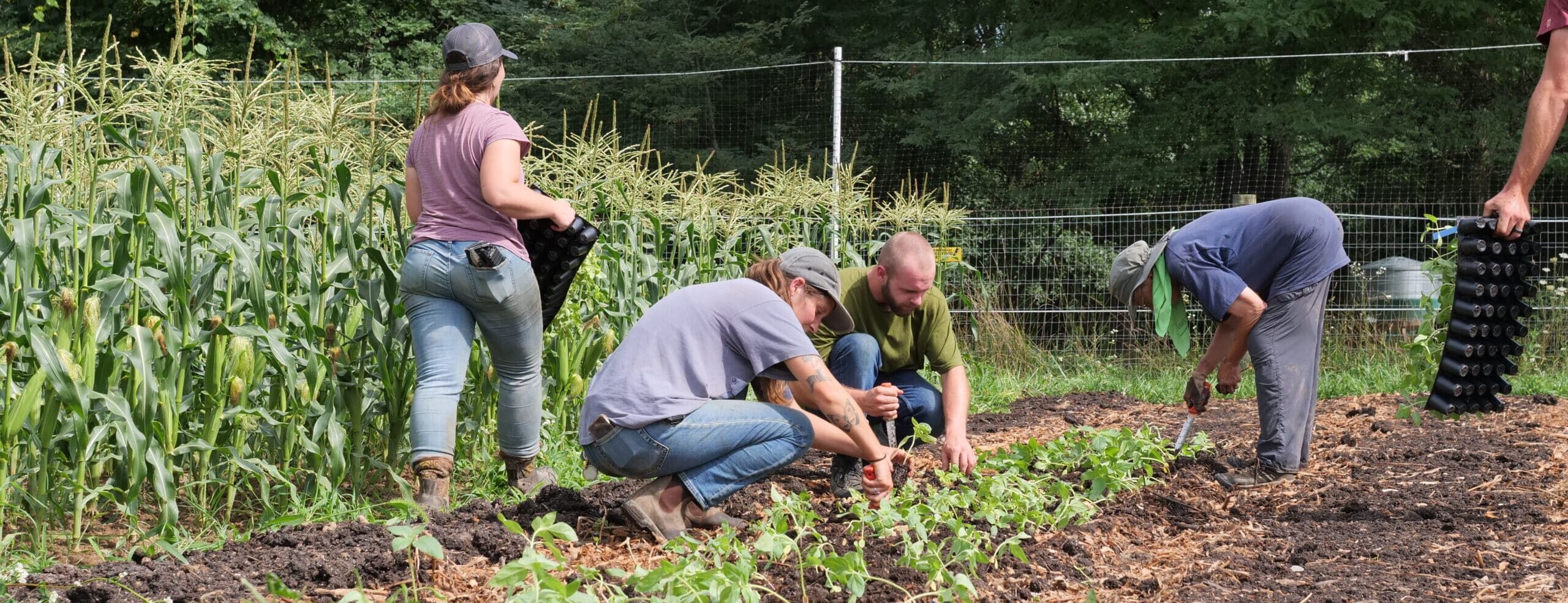
Researchers exploring the impact of regenerative farming systems on food quality and human health
As new data has come out suggesting that plant-based meat substitutes are worse for gut-health, our research team has been busy conducting ground-breaking nutritional research with Utah State University in the hopes of better understanding the connections between farming practices, diet, and human health. The team is specifically focusing on an area of nutrition known as food metabolomics, which is the study of metabolites.
Metabolites are endogenous compounds such as amino acids, lipids, sugars, organic acids, etc., found within an organism. These compounds can transfer from soil to plants and also to the animals that eat these plants. Until now, there has been limited research into what then transfers to the human consumers of these various products. With this research we are hoping to gain new insight into the quantities of metabolites that are able to transfer during each phase, and the effect different farming practices have on this amount. It will provide evidence as to how agro-ecological farming practices directly affect human health.
Our researchers are collaborating with Utah State’s Dr. Stephan Van Vliet who has done previous research on metabolites. His early work has indicated that agro-ecological farming practices do increase health-promoting phytochemicals in meat. Now, we want to know if these phytochemicals transfer to humans through meat, produce, and dairy and if they help promote overall health.
“Regenerative farming has potential benefits for soil health and biodiversity above and below ground. Despite promising environmental benefits, it is currently not known if producing food regeneratively also has a benefit for consumers. We hope to find how regenerative vs. conventional farming systems impact the nutrient density of food and biomarkers of human health. This work uses a novel metabolomics analysis to look at 500 compounds in foods and their potential transfer to human metabolism; an approach best described as being from farm to table to us.”
Dr. Stephan Van Vliet, Utah State University
During this two-year study, a registered dietitian has come up with a 7-week meal plan for the participants. These participants are moderately healthy adults between the ages of 30-60. For nearly two months, participants are fed foods produced using regenerative farming methods, including meat, eggs, and produce grown at Greenacres that the team ships out weekly. The participants are then fed the same 7-week meal plan, but with ingredients that come from conventional farming practices. During both phases of the diet, markers of inflammation, oxidative stress, gut microbial diversity, and circulating metabolomes are monitored and compared.
“Despite potential major ecological benefits, we lack critical knowledge regarding the benefits of food consumed from regenerative farming systems to human health. To address this question, Greenacres Foundation is partnering with Dr. Stephan Van Vliet and Utah State University to investigate the impact that agricultural production practices have on crop and animal nutrients and ultimately the health of humans.”
Jennifer Mansfield, Greenacres Research Specialist
We are also providing the Utah State team with soil, forage, and fecal samples to better understand how the nutrients transfer from soil to forage to animal to human.
For questions about this research please send inquiries to mail@green-acres.org

